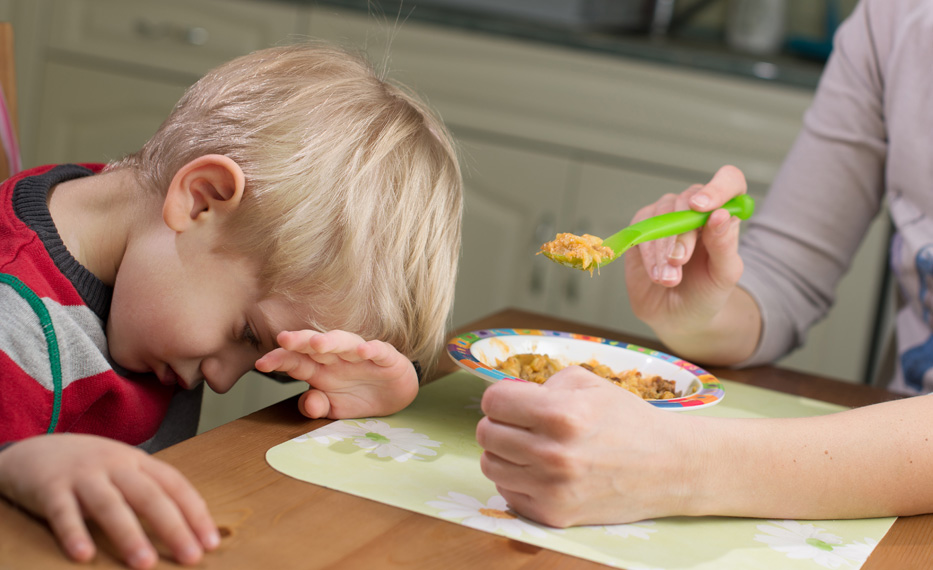Following on from an earlier post on ‘How to cope with fussy eaters’, I thought I would write a little bit about understanding food refusal as it can be a very emotive subject for a lot of parents / carers.
The facts… The first thing to say is that food refusal is a normal part of toddler development and it is nothing that you as a parent have done or have not done! Phew, you can stop feeling guilty now, okay? There are perfectly good reasons why toddlers start to become suspicious of foods and why babies (less than 12 months) are more open to trying new foods:
- Between the ages of 6 and 12 months, most babies are willing to try new and many different types of foods. They are naturally curious and want to try foods that you and other members of the family are eating. This is why it is so important to use this “window of opportunity” to offer lots of foods for your baby to try the taste and explore the texture. If a baby is not offered a variety of tastes and textures at this stage, they could go on to become fussy eaters.
- After the age of 1 year, toddlers begin to develop a more cautious or suspicious view on food. This is called the ‘neophobic response to food’, which means that they become slightly wary of trying new foods. It is thought that this is a safety/survival mechanism to protect a child from eating something poisonous.
The good news… But the good news is that most toddlers grow out of this ‘neophobic’ phase and will develop a healthy attitude to foods if they see their siblings and parents/carers eating a wide variety of foods. You can imagine them thinking…“If it’s safe for them to eat, it must be safe for me, right?” The other piece of good news is that a child will need to try a food many times (up to 10-15 times) before they like the food! So if your child rejects a food, don’t give up on that food! Offer it again in a casual way and try the food yourself in front of your toddler. Try to stay as relaxed as possible!
A final note… If your child is an extremely faddy eater or is particularly sensitive to sound, touch or smells, they may be sensory-sensitive. Ask your GP to refer your child to a Paediatrician and they may recommend a Feeding Clinic. If you are worried about your child’s growth, speak to your GP or Health Visitor.
For further details of the multidisciplinary feeding clinic I work with, please see: http://www.thesensorysmartchild.com/assesment-services/clinic/multi-agency-feeding-clinic/
P x





